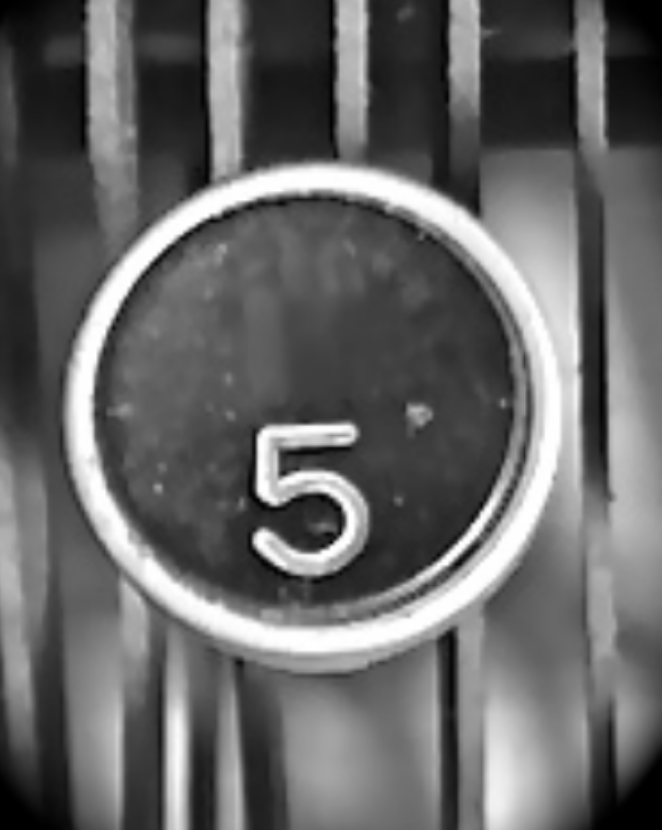5 HOT BOOKS: A Gilded Age Lynching, 'the Hangman of the Gestapo,' and More
/1. A Lynching at Port Jervis: Race and Reckoning in the Gilded Age by Philip Dray (Farrar, Straus & Giroux)
In his fascinating, horrifying new book, Dray spotlights the 1892 lynching of Black teamster Robert Lewis, accused of sexually assaulting a white woman in Port Jervis, a small railroad town northwest of Manhattan. Dray, author of the excellent At the Hands of Persons Unknown: The Lynching of Black America, looks beyond the Mason-Dixon line and argues that the elements of racism and white supremacy that he has worked so hard to document must be challenged and that we cannot “look away from the connection between the nation’s lynching legacy and the recent resurgence of armed vigilantism in America.” Deeply immersed in the horrific history of lynching in America, this book exposes that this violence is not merely a Southern aberration, but rather deeply woven into the national culture.
2. The Hangman and His Wife: The Life and Death of Reinhard Heydrich by Nancy Dougherty, edited and foreword by Christopher Lehmann-Haupt (Knopf)
The “butcher of Prague,” “hangman of the Gestapo,” and Heinrich Himmler’s right-hand man, Heydrich rose through Nazi ranks to direct the S.S. and the Einsatzgruppen responsible for killing countless Jews but was killed by Czech and Slovak resisters in May 1942. Through extensive interviews with his widow, Lina, who survived him for 40 years, biographer Dougherty gained insights into an architect of the Holocaust and the warped view of his wife, who regarded him as a patriot in the dysfunctional bureaucracy of the Third Reich. Dougherty died before completing her inquisitive, nuanced book, but longtime New York Times literary critic Lehmann-Haupt stepped in to finish it before his death in 2018, leaving this revealing, important perspective on Nazism.
3. Tales of Al: The Water Rescue Dog by Lynne Cox (Knopf)
Cox, the legendary long-distance swimmer famed for crossing the Bering Strait from Alaska to the Soviet Union, begins her beguiling memoir by evoking a childhood moment, a rapturous bond, swimming in her Maine pond as the family’s Dalmatian puppy, Beth, overcomes her fear and learns to use her tiny paws to paddle. Captivated by video of a brave Newfoundland dog leaping out of a helicopter to rescue a drowning man, Cox set out to investigate and flew to Milan’s Scuola Italiana Cani Salvataggio, the Italian School of Rescue Dogs, to learn how these giant canines with thick coats and wide-webbed paws became lifesavers. Cox is captivated by underdog Al, a charming and strong but seemingly distractible chocolate Newfoundland, resistant to trainer Donatella Pasquale’s techniques until it becomes clear that highly sensitive Al was picking up on other signals of danger and distress – humans waving arms, for instance – a distinctive superpower.
4. You Have a Friend in 10A by Maggie Shipstead (Knopf)
After her third novel, Great Circle, shortlisted for both the Booker Prize and the Women’s Prize for Fiction, Shipstead’s polyphonic short story collection has clearly stamped her as a standout of her generation. These stories, some written years ago at Iowa Writers Workshop, demonstrate her wild curiosity, deft use of language, and keen sense of sexual power dynamics. Among the highlights is “The Cowboy Tango,” selected by Richard Russo for The Best American Short Stories 2010, which is set at a Montana dude ranch and explores the vexed dynamic between the ranch owner and a woman he employs, which is destabilized when his nephew arrives. For a touch of her sly wit, read her story “Acknowledgments” and then check out the collection’s Acknowledgements.
5. The Evening Hero by Marie Myung-Ok Lee (Simon & Schuster)
In her compelling, capacious novel, Lee deftly delivers a double punch at the American dream embodied in the story of unforgettable Yungman Kwak, the lone obstetrician in a small Minnesota town, who emigrated from Korea at the end of the Korean War. The closure of his hospital and new work with his son Einstein’s entrepreneurial health care company (with a branch in the Mall of America) lead to Lee’s sharp, smart rebuke of the health care industry, and a dive into the father-son relationship. Lee’s novel soars when Yungman Kwak joins Doctors Without Borders and lands in North Korea, revealing feelings of nostalgia as well as secrets about his past and the complexities of Korean history.










